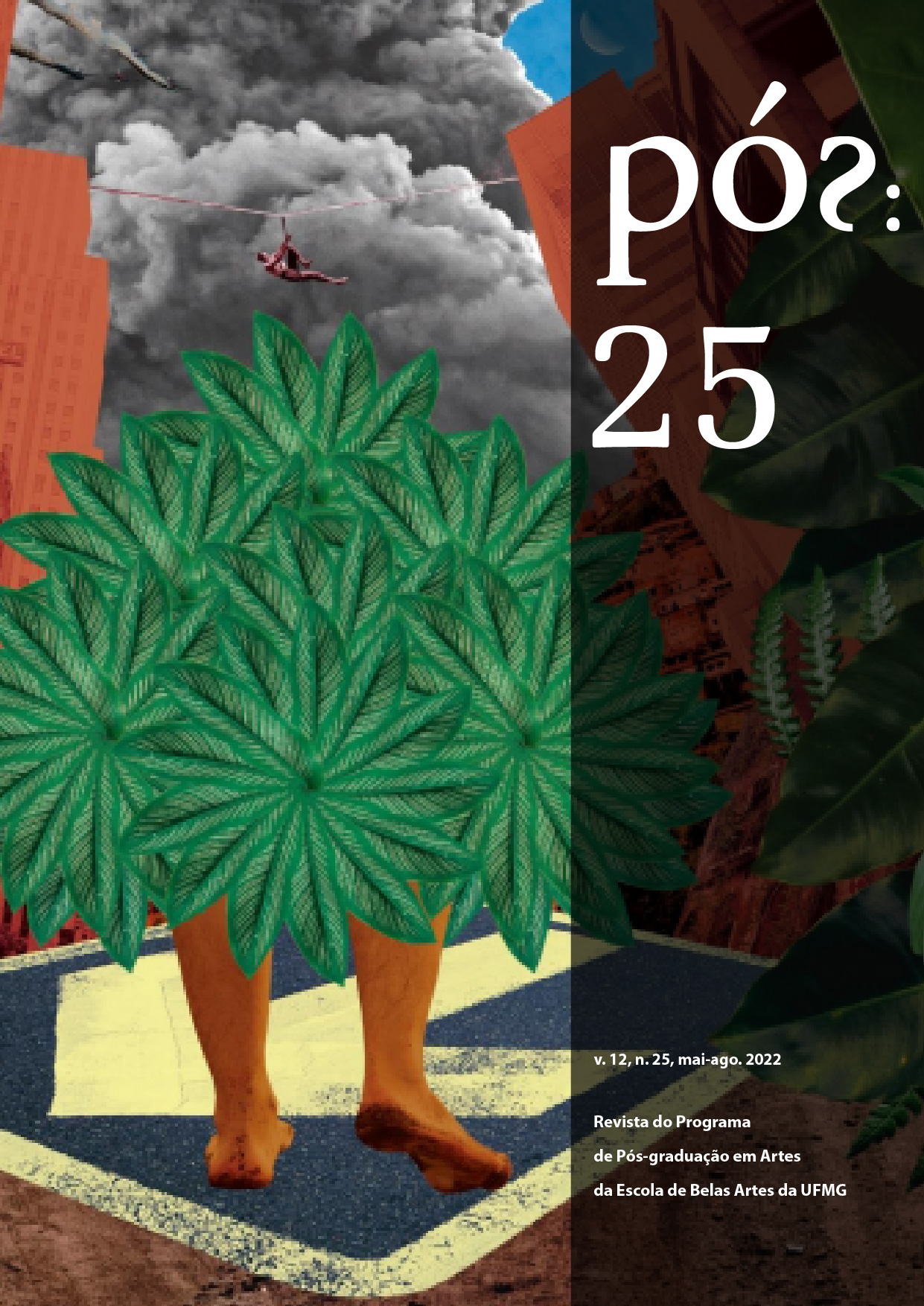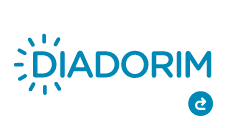“Identities”, fashion and art education
guiding gender diversity in postmodernity
DOI:
https://doi.org/10.35699/2237-5864.2022.33870Keywords:
Art-education, Postmodernity, Fashion, Identity, GenderAbstract
In this work we intend to tension the identity-fashion-gender-art/education relationship, in order to observe the subversive possibilities presented to the recent pedagogical practice. In this debate, we are interested in thinking about how the visual markers of identity, proposed by fashion in postmodernity, help to desecrate essentialism and to understand the shifts brought about by the recent profusion of imagery and discourse. For the development of this study, we approach epistemological debates around these categories in relation to pedagogical practice, in order to create clues for an emancipatory art-education in the wake of postmodern time.
References
BARBOSA, Ana Mae. A imagem no ensino de arte. São Paulo: Perspectiva, 2014.
BAUMAN, Zygmunt. Modernidade líquida. Rio de Janeiro: Zahar, 2001.
BUTLER, Judith. Corpos que importam: os limites discursivos do “sexo”. São Paulo: N-1 Edições, 2019.
BUTLER, Judith. Problemas de gênero: feminismo e subversão da identidade. Rio de Janeiro: Civilização Brasileira, 2020.
CAO, Marián López. Lugar do outro na educação artística – o olhar como eixo articulador da experiência: uma proposta didática. In: BARBOSA, Ana Mae (org.). Arte/educação contemporânea:consonâncias internacionais. São Paulo: Cortez, 2010. p. 187-226.
CRANE, Diana. A moda e seu papel social: classe, gênero e identidade das roupas. São Paulo: Editora Senac, 2006.
DEWEY, John. Arte como experiência. São Paulo: Martins Fontes, 2010.
EFLAND, Arthur. Cultura, sociedade, arte e educação num mundo pós-moderno. In: GUINSBURG, J.; BARBOSA, Ana Mae (org.). O pós-modernismo. São Paulo: Perspectiva, 2005. p. 173-188.
GUSMÃO, Roney. A força performativa do espaço: rasurando regimes de visibilidade. Revista Periódicus, v. 1, n. 17, p. 140-162, 2022. Disponível: https://periodicos.ufba.br/index.php/revistaperiodicus/article/view/42520. Acesso: 6 jul. 2022.
JAMESON, Fredric. Pós-modernismo: a lógica cultural do capitalismo tardio. São Paulo: Ática, 2000.
JAMESON, Fredric. Transformações da imagem na pós-modernidade. In: JAMESON, Fredric. Espaço e imagem: teorias do pós-moderno e outros ensaios de Fredric Jameson. Rio de Janeiro: Editora UFRJ, 1994. p. 115-144.
LYOTARD, Jean-François. O pós-moderno. Rio de Janeiro: José Olympio, 1988.
MAFFESOLI, Michel. O instante eterno: o retorno do trágico nas sociedades pós-modernas. São Paulo: Zouk, 2003.
MAFFESOLI, Michel. O tempo das tribos: o declínio do individualismo nas sociedades de massa. Rio de Janeiro: Forense Universitária, 1998.
MAFFESOLI, Michel. Homo eroticus: comunhões emocionais. São Paulo: Forense Universitária, 2014.
NAVARRI, Pascale. Moda & inconsciente: olhar de uma psicanalista. São Paulo: Editora Senac, 2010.
RANCIERE, Jacques. A partilha do sensível: estética e política. São Paulo: Ed. 34, 2005.
SOUZA, Carlos Weiner Mariano. Arte e processo de criação na contemporaneidade: a arte como território de invenção. In: ROSENTHAL, Dália; RIZZI, Maria Cristina (org.). Arte, educação e contemporaneidade. São Paulo: Blucher, 2020. p. 41-54.
Downloads
Published
How to Cite
Issue
Section
License
Copyright (c) 2022 Roney Gusmão

This work is licensed under a Creative Commons Attribution-NonCommercial 4.0 International License.
Authors who publish in this journal agree to the following terms:
- Authors retain copyright and grant the journal the right of first publication, with the work simultaneously licensed under the a Creative Commons Attribution-NonCommercial 4.0 International License that permits sharing of the work with acknowledgement of authorship and initial publication in this journal;
- Authors are permitted to enter into additional contracts separately, for non-exclusive distribution of the version of the work published in this journal (e.g., the Creative Commons Attribution License).
- Authors are permitted and encouraged to publish and distribute their work online (e.g., in institutional repositories or on their home page) at any point before or during the editorial process, as this may generate productive changes as well as increase the impact and citation of the published work.
- It is the responsibility of the authors to obtain written permission to use in their articles materials protected by copyright law. Revista PÓS is not responsible for copyright breaches made by its contributors.












